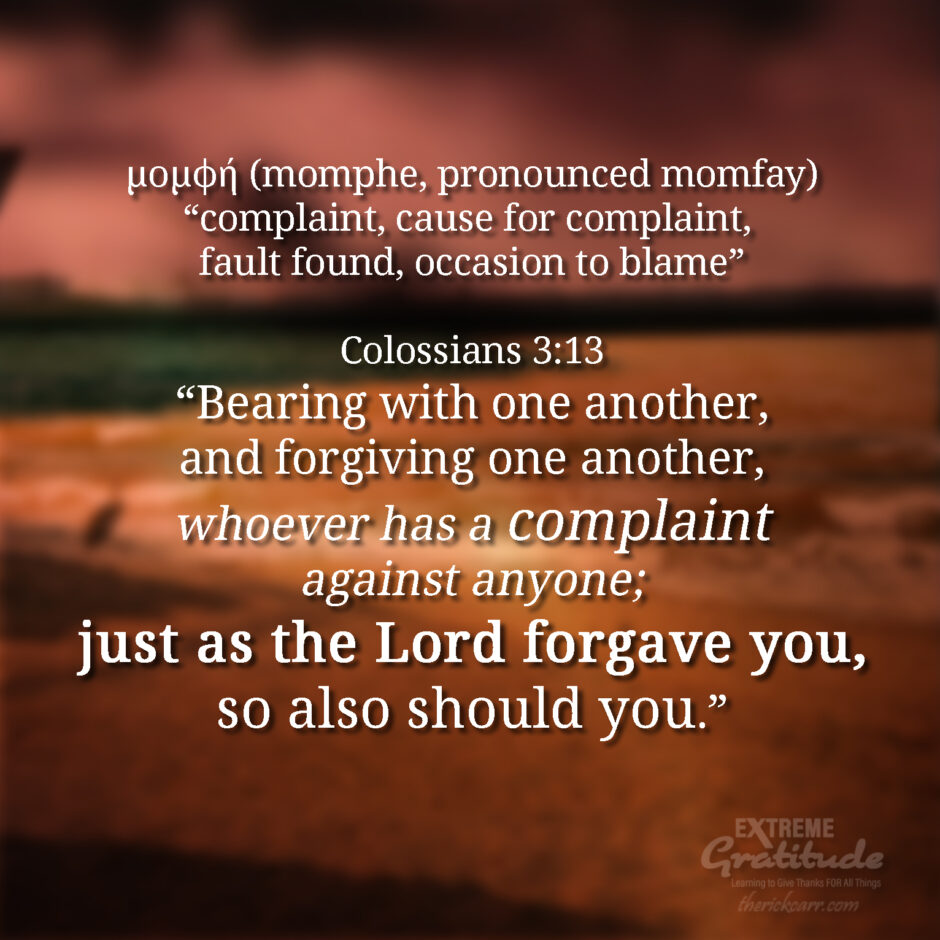We think tolerance is such a noble virtue. tsk. Silly us.
We think we know how to handle disputes even with other believers. Matthew 18:15-17 is our “go to.” (No pun intended, but, then sure; the pun works). If your brother sins, or sins against you, go to him and show him his fault in private. If he listens, great. If not, take one or two with you and go to him again. If he refuses to listen to them, go to the church as a whole. If he doesn’t listen then, give him the boot.
Sounds pretty cut and dried, huh? tsk. Silly us.
Most of the issues that come up in relationships, aren’t about sin in general, or even sin “against you.” Most issues are just differences. We think different. We have different opinions. We understand differently. We believe differently about what the Bible says regarding an issue. We think the preacher should preach a different way, or the worship leader should sing different songs, or the hymnals or the carpet should be a different color. Get the idea? I could go on and on with examples of all the ways we find to disagree, and reasons we have for “blame” or “complaint” or “finding fault,” but you are quite capable of coming up with your own.
What we often fail to realize is that these issues and differences do not require or qualify for a Matthew 18 response. They fall into the Colossians 3:13 category that tells us we should be putting up with and forgiving each other. And, if we have an occasion where we could point the finger of blame or find fault or complain, our response – our one response should be to forgive – just as Christ has forgiven us. Of course, if it’s just a difference of opinion, and they haven’t done anything sinful against us, they really don’t need our forgiveness. However, we need to be forgiving, because if we respond in our hearts by forgiving, then we don’t have any reason left to be upset or complain and thereby damage the relationship or even wind up sinning against them!
Silly us. What were we thinking!?!
I don’t need to explain further by giving examples of things I see on social media or in the church, do I? Nah. I didn’t think so.




